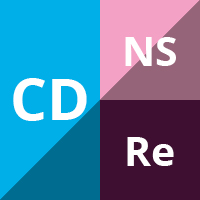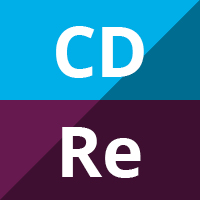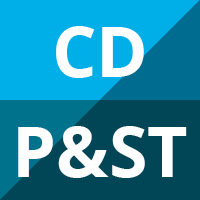
Therapy-based rehabilitation services for patients living at home more than one year after stroke
Abstract Background Current practice of rehabilitation intervention mainly concentrates on the first six months of stroke. At present, there is no agreed consensus about the benefits of such a service more than one year after stroke. Objectives To ascertain whether therapy-based rehabilitation services can influence outcome one year or more after stroke. Search methods We […]

Interventions for motor apraxia following stroke
Abstract Background Apraxia is a cognitive disorder that can occur after stroke. It prevents a person from carrying out a learned movement. Various interventions are used to treat apraxia but evidence of their benefit has been lacking. Objectives To determine which therapeutic interventions targeted at motor apraxia reduce disability. Search methods We searched the Cochrane […]

EMG biofeedback for the recovery of motor function after stroke
Abstract Background Electromyographic biofeedback (EMG-BFB) is a technique that is believed to have additional benefit when used with standard physiotherapy for the recovery of motor function in stroke patients. However, evidence from individual trials and previous systematic reviews has been inconclusive. Objectives To assess the effects of EMG-BFB for motor function recovery following stroke. Search […]

Amphetamines for improving recovery after stroke
Abstract Background Animal research shows that treatment with amphetamines improves recovery after focal cerebral ischaemia. If the effects are similar in humans, amphetamine treatment could have a major impact on recovery from stroke. Objectives To assess the effects of amphetamine treatment in patients with stroke. Search methods We searched the Cochrane Stroke Group Trials Register […]

Electrostimulation for promoting recovery of movement or functional ability after stroke
Abstract Background Electrostimulation might improve motor recovery after stroke by providing neuromuscular re-training. Objectives To find if electrostimulation improved functional motor ability, and the ability to undertake activities of daily living. Search methods We searched the Cochrane Stroke Group Trials Register (last searched August 2005), the Cochrane Central Register of Controlled Trials (CENTRAL) (The Cochrane […]

Interventions for apraxia of speech following stroke
Abstract Background Apraxia of speech is a communication disorder that can affect stroke patients. Several different intervention strategies are undertaken by speech and language therapists working with this patient group. Objectives To assess whether therapeutic interventions improve functional speech in stroke patients with apraxia of speech and which individual therapeutic interventions are effective. Search methods […]

Supportive devices for preventing and treating subluxation of the shoulder after stroke
Abstract Background Supportive devices such as slings, wheelchair attachments and orthoses have been used to treat subluxation of the shoulder after stroke. Objectives To investigate the effect of supportive devices in preventing subluxation, re-positioning the head of humerus in the glenoid fossa, decreasing pain, increasing function and adversely increasing contracture in the shoulder after stroke. […]

Force platform feedback for standing balance training after stroke
Abstract Background Standing balance deficits are common in individuals after stroke. One way to address these deficits is to provide the individual with feedback from a force platform while balance activities are performed. The feedback can take visual and/or auditory form. Objectives To determine if visual or auditory force platform feedback improves the clinical and […]

Therapy-based rehabilitation services for stroke patients at home
Abstract Background Stroke Unit care is now accepted as an effective service model for hospital care, but the effectiveness of outpatient care is less certain. This review focuses on therapy-based rehabilitation services targeted at stroke patients living at home. Objectives To assess the effects of therapy-based rehabilitation services targeted towards stroke patients resident in the […]

Pharmacological treatment for aphasia following stroke
Abstract Background Aphasia describes language impairment associated with a brain lesion. Objectives To assess the effects of drugs on language abilities when given to people with aphasia following stroke. Search methods We searched the Cochrane Stroke Group Trials Register (last searched: May 2001), and reference lists of relevant articles to December 1998. We also contacted […]

